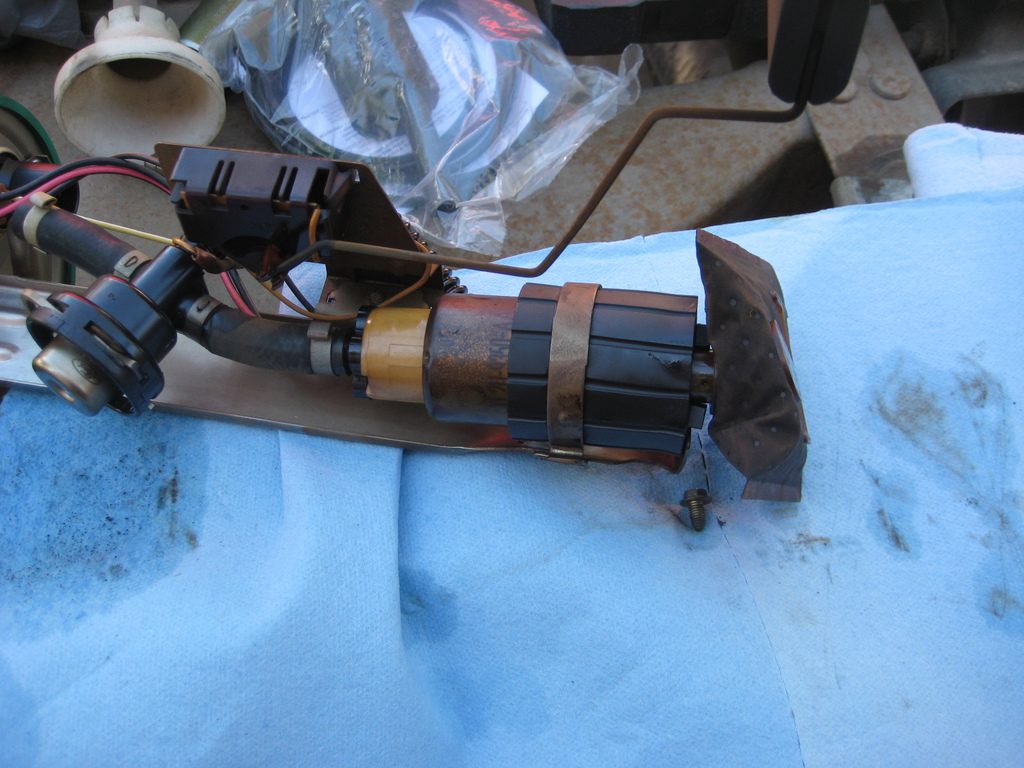The advent of modern technology has truly revolutionized numerous sectors, with waste management being a noteworthy example. A particularly intriguing manifestation of this revolution is the enhanced efficiency of garbage truck routing. This process, once entirely manual and often fraught with inefficiencies, has been fundamentally transformed through the power of cutting-edge technologies. GPS tracking, machine learning algorithms, real-time data collection, and advanced analytics now coalesce to optimize garbage truck routes, resulting in considerable savings in time, energy, and resources. This piece aims to shed light on the intricacies of this transformation and explore the immense value it brings to waste management companies and society at large.
Image Source: Unsplash
GPS Tracking and Real-Time Data Collection
The integration of GPS tracking and real-time data collection in garbage truck routing has been a game-changer. This technology allows waste management companies to monitor their fleet in real-time, enabling them to react swiftly to unexpected situations such as traffic jams, route blockages, or mechanical failures. Additionally, it provides invaluable data about each truck’s route, speed, and stop times. This information can be analyzed to identify bottlenecks, optimize routes, and ultimately improve the efficiency and sustainability of waste collection operations.
Some waste management companies have even taken this integration a step further by equipping trucks with sensors that detect the fill level of each bin or dumpster. This data is then transmitted to central systems, where it can be used to plan more efficient routes based on the bins’ actual needs rather than predetermined schedules.
Route Optimization Services for Garbage Trucks
Route optimization services are another critical element of modern garbage truck routing. These services use advanced algorithms and historical data to calculate the most efficient routes for trucks, taking into account various factors such as traffic patterns, weather conditions, and collection schedules. By optimizing these routes, waste management companies can reduce travel time, fuel consumption, and emissions while still ensuring timely waste collection. Moreover, route optimization services can generate dynamic routes, which adapt to changing conditions in real time. For instance, if there is a road closure or traffic congestion on the planned route, the system will automatically recalculate and redirect the truck to an alternative path. This feature not only saves time and resources but also minimizes disruptions to waste collection schedules.
Machine Learning Algorithms and Advanced Analytics
The use of machine learning algorithms and advanced analytics in garbage truck routing has further enhanced the efficiency of waste collection operations. These technologies analyze vast amounts of data collected from GPS tracking, real-time data, and other sources to identify patterns, predict demand, and optimize routes accordingly. For instance, they can take into account factors such as peak traffic hours, weather conditions, and special events when planning routes. This level of intelligence results in less fuel consumption, reduced emissions, and more efficient use of resources.
Moreover, machine learning algorithms continuously learn from data to improve their accuracy and efficiency over time. This means that the longer these technologies are used, the better they become at optimizing garbage truck routes. Waste management companies can also use advanced analytics to track key performance indicators such as route completion rates, distance traveled, and fuel consumption. This data can then be used to further refine routes and make informed decisions about fleet management.
The Benefits of Modern Technology in Garbage Truck Routing
Image Source: Unsplash
The integration of modern technology in garbage truck routing has brought numerous benefits to waste management companies and society as a whole. Foremost among them is the significant cost savings achieved through increased efficiency. By optimizing routes, reducing travel time, and minimizing disruptions to schedules, waste management companies can save substantial amounts of money on fuel, maintenance, and labor costs. Additionally, these technologies improve the sustainability of waste collection operations by reducing emissions and conserving resources.
Even more so, modern technology has also enhanced customer satisfaction. With optimized routes and real-time tracking capabilities, waste management companies can provide more accurate estimates of collection times and respond swiftly to customer inquiries or complaints. This level of transparency and efficiency builds trust with customers, ultimately leading to increased customer loyalty.
Future Outlook for Garbage Truck Routing Technology
Moving forward, we can anticipate further advancements and refinements in garbage truck routing technology. The growing fields of artificial intelligence and big data analytics promise more sophisticated route optimization algorithms. Additionally, the increasing adoption of Internet of Things (IoT) devices and smart city technology could offer more granular real-time data, thereby improving the responsiveness and flexibility of garbage truck routing. These advancements will continue to boost efficiencies, decrease costs, and contribute to more sustainable waste management practices. At the same time, they will present new challenges, such as data security concerns and technology integration issues, which must be addressed proactively to realize their full potential.
In conclusion, technology has indubitably revolutionized garbage truck routing, driving efficiencies in waste management and providing considerable environmental and economic benefits. GPS tracking, real-time data collection, route optimization services, and machine learning algorithms have all played pivotal roles in this transformation, giving waste management companies the tools they need to ensure their operations are as efficient, sustainable, and customer-friendly as possible. As we look to the future, the continued integration of these technologies, alongside developments in AI, big data, and IoT, will only further enhance the potential of garbage truck routing. However, it is crucial that we also remain vigilant in addressing new challenges such as data security and technology integration as they arise. This way, we can fully harness the power of technology to improve waste management, benefiting not only the industry but society as a whole.






